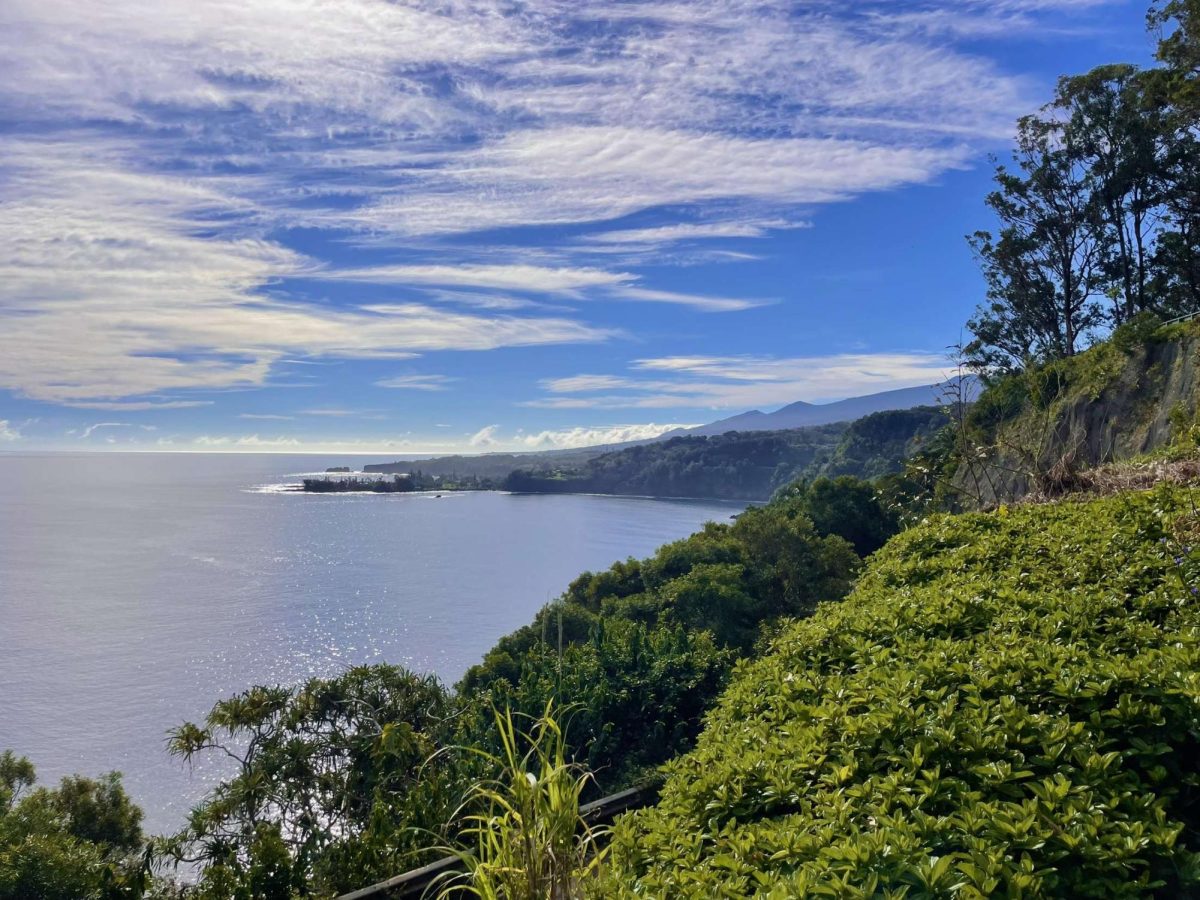In the wake of the catastrophic Maui fires, outcry has increased by both the island officials and native Hawaiians.
The continental United States has always had a controversial relationship with the Hawaiian islands, with many advocates pushing for extreme reform towards limiting tourism. The most recent uproar regarding the islands is focused on the wildfires that engulfed western Maui in early August.
This disaster was the deadliest wildfire in the last century of U.S. history, with a confirmed death toll of 155. Lasting 19 days, the massive blaze almost destroyed the town of Lahaina and western Maui.
Junior Katie Haas visited Maui during spring break this past year. “Maui was absolutely beautiful and had amazing people. It’s really sad seeing how much damage the fire has done, especially being there so recently. Just a few months ago, we were eating dinner in Lahaina and now it’s a pile of ash. It’s devastating,” she conveyed.
Before the fire, Maui brought in 3 million visitors and earned $5.5 billion per year. Maui’s main economy is based on tourism, but with a sudden drop, the island’s current economic state is distressing.
The main cause for concern is in regards to businesses losing tourists and consequently, their source of income. Anticipating the effects of the lack of visitors, the Hawaiian Tourism Authority is heavily encouraging tourists to travel to unaffected areas of the island.
Calls for help have also been made by the Hawaiian Governor, Josh Green. “When you come you will support our local economy and help speed the recovery of the people who are suffering right now,” Green stated, emphasizing that all other areas outside of west Maui are open to visitors.
Many organizations based in Hawaii, such as Hawaiian Airlines, are echoing Green’s message and urging visitors to not cancel their trips.
Maui natives, however, see a different approach to healing the island, urging tourists to stay away to allow time for the natives to recover before opening to visitors once again.
Having lived in Hawaii for three years, junior Nadia Meeks expressed concern for the mourning island. “People should still raise money for Maui, and they should volunteer to help the people and environment, but they should stop traveling there.,” she remarked.
Maui native and Aquaman actor Jason Momoa has taken to social media to bring his point across. Momoa recently posted several messages to his 17 million Instagram followers. “Maui is not the place to have your vacation right now. DO NOT TRAVEL TO MAUI,” he shared.
Following Momoa’s lead, several Hawaiians have broached the heavy consequences of allowing visitors to visit Maui. Creators on TikTok have also shown support for native Hawaiians, suggesting that Maui’s hotels could be used as shelters for those affected by the wildfires. If the island is open to tourists, less room and resources would be allotted to those who have lost their belongings.
“Now, with the fires, tourists are being prioritized over the Hawaiian people,” Meeks expressed.
Maui officials are also tasked with the weighty question of whether the risks of allowing tourists during a public crisis outweigh the economic disadvantages of banning them. The decision of when to reopen the island to tourists could cause irreversible damage if the wrong steps are taken.
“Although it was stunning, I do think that people should take a break from visiting in the upcoming months,” Haas explained. “They are going through a really hard time at the moment and need time to recover and rebuild before tourism resumes.”
Officials are struggling to strike a balance between citizens’ urgent demands for homes and resources and the island’s long-term financial health as Maui begins a long, painful recovery from the fires. With varying accounts from politicians, activists, and native Hawaiians, tourists are posed with the delicate question of whether they should visit Maui.









